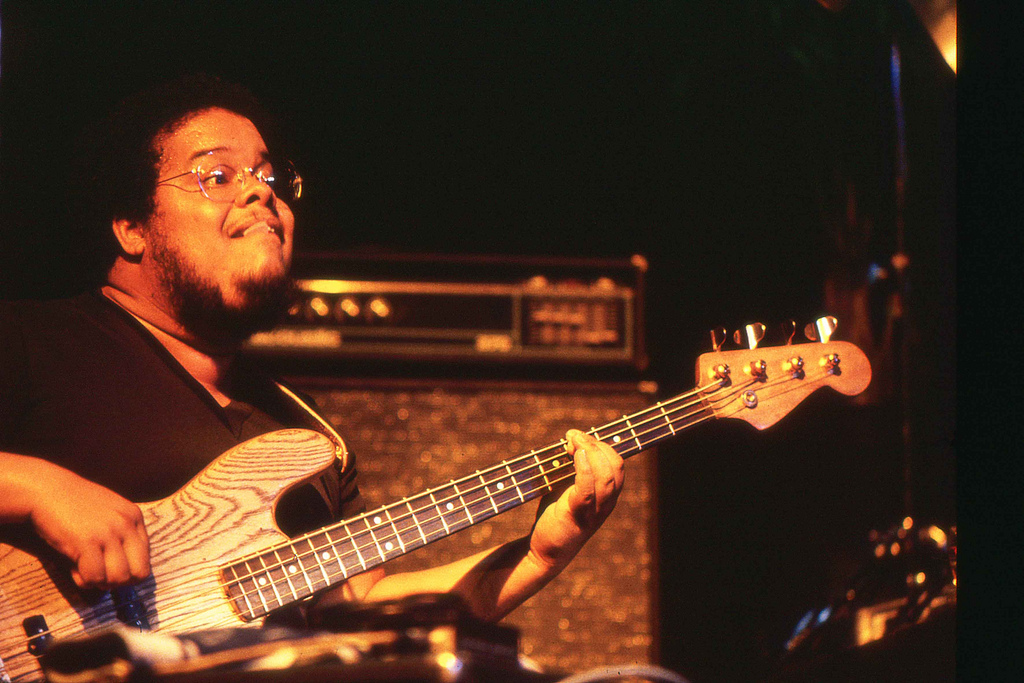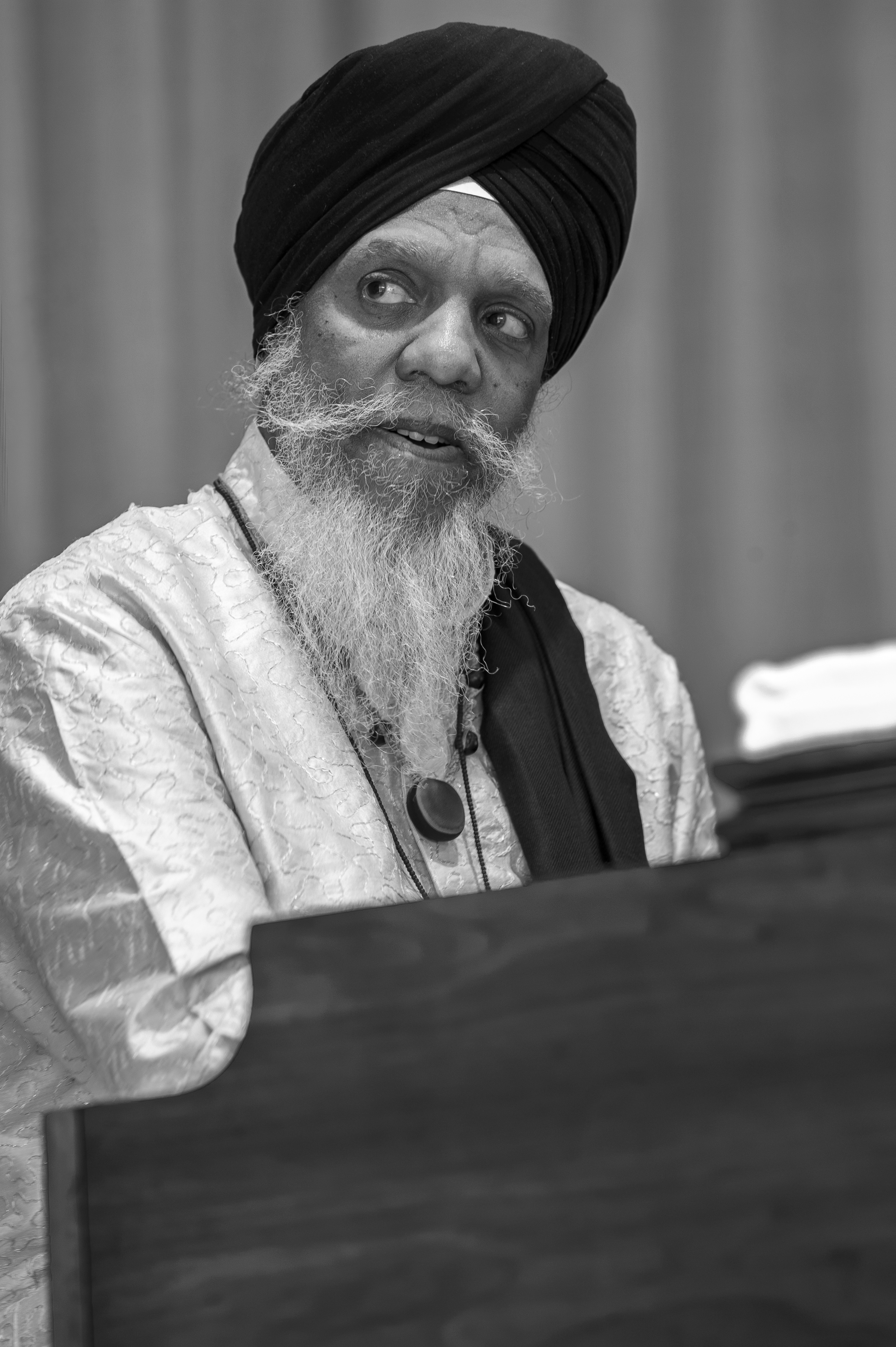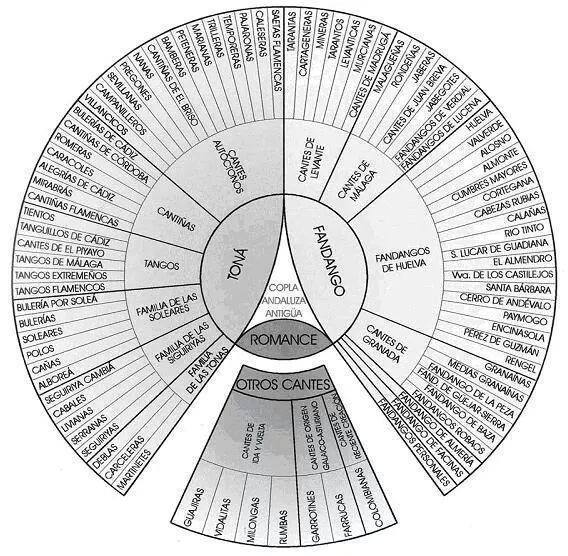|
Ximo Tebar
Ximo Tebar (March 30, 1963 in Valencia) is a Spanish jazz musician (guitar, composition). Life and works Tebar started taking guitar lessons at the age of seven. His first music genre was flamenco. At the age of 15, he was attracted to Brazilian music. When he was 17, he decided to take up a career in the professional music and founded his own ''Jazz Group''. He won with his group the international competition of the jazz festival Getxo in 1990. In 1989, he played as the representative of Spain in the big band of EBU. Since then, Tebar made regularly international tours with his band or as a solo guitarist. Also, he performed with Lou Bennett in Europe in 1992. In 1995, he made a record contract with Warner Brothers. In 1997, he made a tour with Lou Donaldson, Lonnie Smith, Idris Muhammad and Billy Lewis Brooks. His album ''Goes Blue'', which was published with his own label ''Omix'', was praised as an excellent work by critics. In 2002, he appeared for the first time in the ... [...More Info...] [...Related Items...] OR: [Wikipedia] [Google] [Baidu] |
Valencia
Valencia ( va, València) is the capital of the autonomous community of Valencia and the third-most populated municipality in Spain, with 791,413 inhabitants. It is also the capital of the province of the same name. The wider urban area also comprising the neighbouring municipalities has a population of around 1.6 million, constituting one of the major urban areas on the European side of the Mediterranean Sea. It is located on the banks of the Turia, on the east coast of the Iberian Peninsula, at the Gulf of Valencia, north of the Albufera lagoon. Valencia was founded as a Roman colony in 138 BC. Islamic rule and acculturation ensued in the 8th century, together with the introduction of new irrigation systems and crops. Aragonese Christian conquest took place in 1238, and so the city became the capital of the Kingdom of Valencia. The city's population thrived in the 15th century, owing to trade with the rest of the Iberian Peninsula, Italian ports and other loca ... [...More Info...] [...Related Items...] OR: [Wikipedia] [Google] [Baidu] |
Anthony Jackson (musician)
Anthony Jackson (June 23, 1952) is an American bassist. Described as "one of the masters of the instrument", he has performed as a session musician and live artist. He is also credited with the development of the modern six-string bass, which he refers to as a contrabass guitar. Biography Jackson played piano before starting guitar in his teens. When he turned to bass guitar, he was inspired by James Jamerson and Jack Casady. Jackson worked as a session musician, in the Billy Paul band, and with Philadelphia International Records. Paul’s 1972 hit "Me and Mrs. Jones" was Jackson’s first No. 1 record. His performance on "For the Love of Money" by The O'Jays helped move the song to No. 9 on the pop chart and No. 3 on the R&B chart in 1974. Jackson is a student of Jerry Fisher, Lawrence Lucie, and Pat Martino. He has performed live in more than 30 countries and has recorded in more than 3000 sessions on more than 500 albums. In 2016 Jackson had to miss some performances wit ... [...More Info...] [...Related Items...] OR: [Wikipedia] [Google] [Baidu] |
Lonnie Smith (organist)
Lonnie Smith (July 3, 1942 – September 28, 2021), styled Dr. Lonnie Smith, was an American jazz Hammond B3 organist who was a member of the George Benson quartet in the 1960s. He recorded albums with saxophonist Lou Donaldson for Blue Note before being signed as a solo act. He owned the label Pilgrimage, and was named the year's best organist by the Jazz Journalists Association nine times. Early life Smith was born in Lackawanna, New York, on July 3, 1942. He was raised by his mother and stepfather, and the family had a vocal group and radio program. He stated that his mother was a major influence on him musically, as she introduced him to gospel, classical, and jazz music. Career Smith was part of several vocal ensembles in the 1950s, including the Teen Kings which included Grover Washington Jr., on sax and his brother Daryl on drums. Art Kubera, the owner of a local music store, gave Smith his first organ, a Hammond B3. George Benson Quartet Smith's affinity for R ... [...More Info...] [...Related Items...] OR: [Wikipedia] [Google] [Baidu] |
Warner Brothers
Warner Bros. Entertainment Inc. (commonly known as Warner Bros. or abbreviated as WB) is an American Film studio, film and entertainment studio headquartered at the Warner Bros. Studios, Burbank, Warner Bros. Studios complex in Burbank, California, Burbank, California, and a subsidiary of Warner Bros. Discovery. Founded in 1923 by four brothers, Harry Warner, Harry, Albert Warner, Albert, Sam Warner, Sam, and Jack L. Warner, Jack Warner, the company established itself as a leader in the American Warner Bros. Pictures, film industry before diversifying into Warner Bros. Animation, animation, Warner Bros. Television Studios, television, and Warner Bros. Interactive Entertainment, video games and is one of the Major film studio, "Big Five" major American film studios, as well as a member of the Motion Picture Association (MPA). The company is known for its film studio division the Warner Bros. Pictures Group, which includes Warner Bros. Pictures, New Line Cinema, the Warner Animat ... [...More Info...] [...Related Items...] OR: [Wikipedia] [Google] [Baidu] |
Solo (music)
In music, a solo (from the Spanish and Italian based-word: ''Solo'', meaning ''alone'' or ''by yourself'') is a piece or a section of a piece played or sung featuring a single performer, who may be performing completely alone or supported by an accompanying instrument such as a piano or organ, a continuo group (in Baroque music), or the rest of a choir, orchestra, band, or other ensemble. Performing a solo is "to solo", and the performer is known as a ''soloist''. The plural is soli or the anglicised form solos. In some contexts these are interchangeable, but ''soli'' tends to be restricted to classical music, and mostly either the solo performers or the solo passages in a single piece. Furthermore, the word ''soli'' can be used to refer to a small number of simultaneous parts assigned to single players in an orchestral composition. In the Baroque concerto grosso, the term for such a group of soloists was '' concertino''. An instrumental solo is often used in popular music duri ... [...More Info...] [...Related Items...] OR: [Wikipedia] [Google] [Baidu] |
European Broadcasting Union
The European Broadcasting Union (EBU; french: Union européenne de radio-télévision, links=no, UER) is an alliance of public service media organisations whose countries are within the European Broadcasting Area or who are members of the Council of Europe. , it is made up of 112 member organizations from 54 countries, and 31 associate members from a further 20 countries. It was established in 1950, and had its administrative headquarters in Geneva and technical office in Brussels. The EBU owns and operates the Eurovision and Euroradio telecommunications networks on which major television and radio broadcasts are distributed live to its members. It also operates the daily Eurovision news exchange in which members share breaking news footage. In 2017, the EBU launched the Eurovision Social Newswire, an eyewitness and video verification service. Led by Head of Social Newsgathering, Derek Bowler, the service provides members of the EBU with verified and cleared-for-use newswort ... [...More Info...] [...Related Items...] OR: [Wikipedia] [Google] [Baidu] |
Big Band
A big band or jazz orchestra is a type of musical ensemble of jazz music that usually consists of ten or more musicians with four sections: saxophones, trumpets, trombones, and a rhythm section. Big bands originated during the early 1910s and dominated jazz in the early 1940s when swing was most popular. The term "big band" is also used to describe a genre of music, although this was not the only style of music played by big bands. Big bands started as accompaniment for dancing. In contrast to the typical jazz emphasis on improvisation, big bands relied on written compositions and arrangements. They gave a greater role to bandleaders, arrangers, and sections of instruments rather than soloists. Instruments Big bands generally have four sections: trumpets, trombones, saxophones, and a rhythm section of guitar, piano, double bass, and drums. The division in early big bands, from the 1920s to 1930s, was typically two or three trumpets, one or two trombones, three or four sa ... [...More Info...] [...Related Items...] OR: [Wikipedia] [Google] [Baidu] |
Getxo
Getxo () is a town located in the province of Biscay, in the autonomous community of the Basque Country, in Spain. It is part of Greater Bilbao, and has 77,946 inhabitants (2019). Getxo is mostly an affluent residential area, as well as being the third largest municipality of Biscay. History Getxo (formerly spelt ''Guecho'') was a parish (''elizatea, ''anteiglesia'), originally a rural area, including a large beach at the mouth of the Estuary of Bilbao, centered on the little fishing village of Algorta. The parish council met at the church of ''Getxoko Andra Mari'' ( Basque) or ''Santa María de Getxo'' (Spanish) (both mean Saint Mary of Getxo), not far from the headland called Punta Galea. The town's coat of arms has an oak with two cauldrons chained to its branches and the motto ''Kaltea Dagianak Bizarra Lepoan'' ( Basque for "Who makes evil, the beard at the back"). It is a proverb meaning that the evil doers look back, fearing revenge. With industrialisation in the 19th ce ... [...More Info...] [...Related Items...] OR: [Wikipedia] [Google] [Baidu] |
Flamenco
Flamenco (), in its strictest sense, is an art form based on the various folkloric music traditions of southern Spain, developed within the gitano subculture of the region of Andalusia, and also having historical presence in Extremadura and Murcia. In a wider sense, it is a portmanteau term used to refer to a variety of both contemporary and traditional musical styles typical of southern Spain. Flamenco is closely associated to the gitanos of the Romani ethnicity who have contributed significantly to its origination and professionalization. However, its style is uniquely Andalusian and flamenco artists have historically included Spaniards of both gitano and non-gitano heritage. The oldest record of flamenco music dates to 1774 in the book ''Las Cartas Marruecas'' by José Cadalso. The development of flamenco over the past two centuries is well documented: "the theatre movement of sainetes (one-act plays) and tonadillas, popular song books and song sheets, customs, stud ... [...More Info...] [...Related Items...] OR: [Wikipedia] [Google] [Baidu] |
Musical Composition
Musical composition can refer to an Originality, original piece or work of music, either Human voice, vocal or Musical instrument, instrumental, the musical form, structure of a musical piece or to the process of creating or writing a new piece of music. People who create new compositions are called composers. Composers of primarily songs are usually called songwriters; with songs, the person who writes lyrics for a song is the lyricist. In many cultures, including Western classical music, the act of composing typically includes the creation of music notation, such as a sheet music, sheet music "score," which is then performed by the composer or by other musicians. In popular music and Folk music, traditional music, songwriting may involve the creation of a basic outline of the song, called the lead sheet, which sets out the melody, lyrics and chord progression. In classical music, orchestration (choosing the instruments of a large music ensemble such as an orchestra which will ... [...More Info...] [...Related Items...] OR: [Wikipedia] [Google] [Baidu] |
Guitar
The guitar is a fretted musical instrument that typically has six strings. It is usually held flat against the player's body and played by strumming or plucking the strings with the dominant hand, while simultaneously pressing selected strings against frets with the fingers of the opposite hand. A plectrum or individual finger picks may also be used to strike the strings. The sound of the guitar is projected either acoustically, by means of a resonant chamber on the instrument, or amplified by an electronic pickup and an amplifier. The guitar is classified as a chordophone – meaning the sound is produced by a vibrating string stretched between two fixed points. Historically, a guitar was constructed from wood with its strings made of catgut. Steel guitar strings were introduced near the end of the nineteenth century in the United States; nylon strings came in the 1940s. The guitar's ancestors include the gittern, the vihuela, the four-course Renaissance guitar, an ... [...More Info...] [...Related Items...] OR: [Wikipedia] [Google] [Baidu] |
Erik Satie
Eric Alfred Leslie Satie (, ; ; 17 May 18661 July 1925), who signed his name Erik Satie after 1884, was a French composer and pianist. He was the son of a French father and a British mother. He studied at the Paris Conservatoire, but was an undistinguished student and obtained no diploma. In the 1880s he worked as a pianist in café-cabaret in Montmartre, Paris, and began composing works, mostly for solo piano, such as his ''Gymnopédies'' and '' Gnossiennes''. He also wrote music for a Rosicrucian sect to which he was briefly attached. After a spell in which he composed little, Satie entered Paris's second music academy, the Schola Cantorum, as a mature student. His studies there were more successful than those at the Conservatoire. From about 1910 he became the focus of successive groups of young composers attracted by his unconventionality and originality. Among them were the group known as Les Six. A meeting with Jean Cocteau in 1915 led to the creation of the ballet '' P ... [...More Info...] [...Related Items...] OR: [Wikipedia] [Google] [Baidu] |







